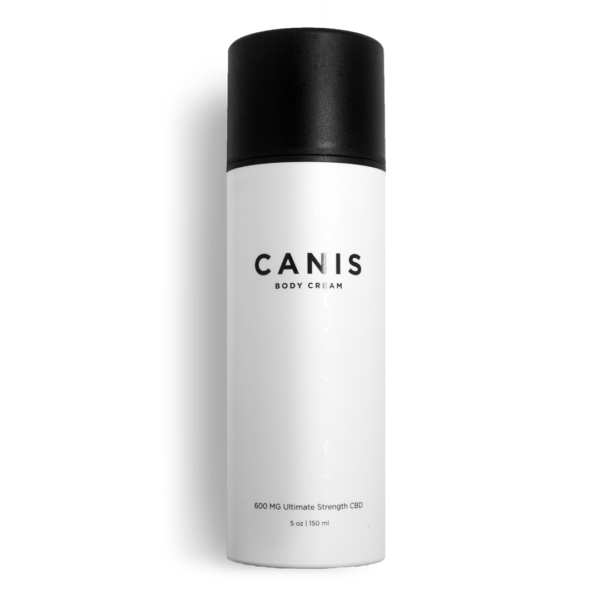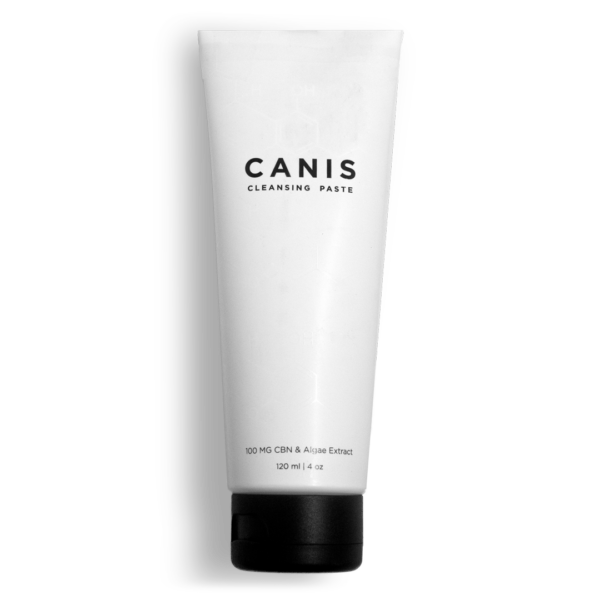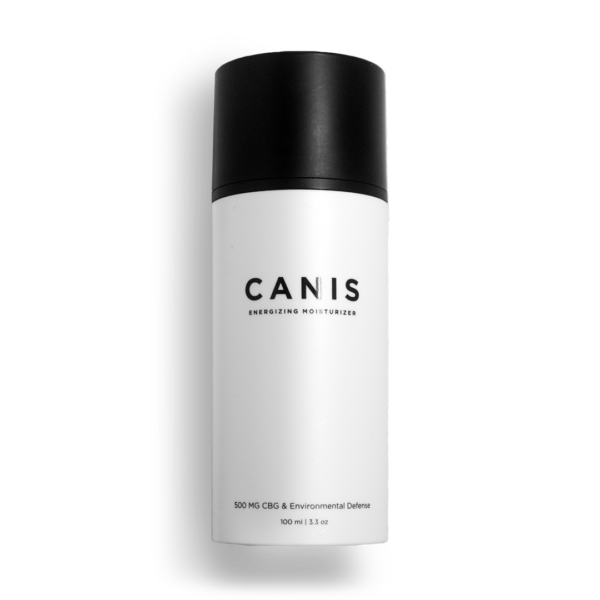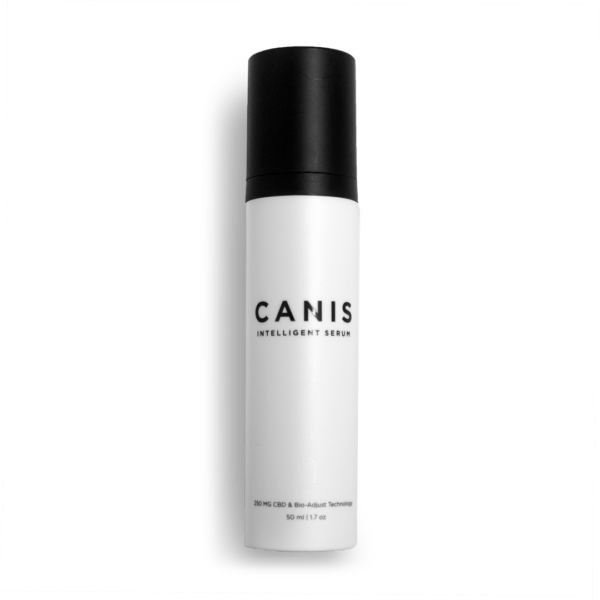Blog
CBD Gummies For Insomnia: How It Might Help
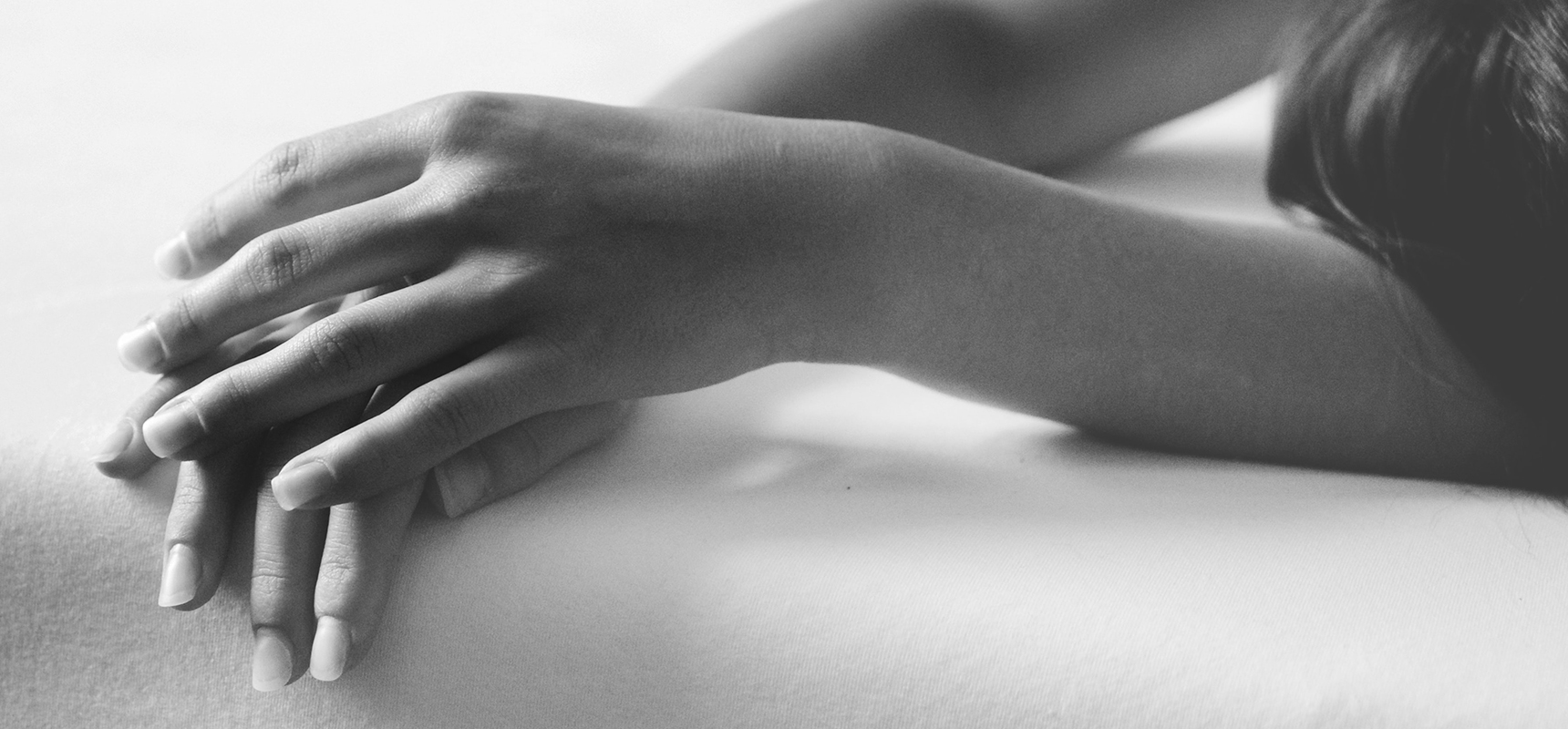
CBD is one of the biggest craze in today’s trends for wellness. Whether that’s; CBD gummies for insomnia, anxiety, CBD pain relief, or many other CBD opportunities. In this blog, we will discuss CBD gummies for insomnia and how they might help you.
CBD gummies for insomnia, it might help you sleep
CBD gummies for insomnia isn’t a new thing. But firstly, what is CBD?
Cannabidiol (CBD) is one of the major cannabinoids present in cannabis. Cannabidiol activates your endocannabinoid system, which helps your body maintain a state of equilibrium and stability, or homeostasis.
CBD, unlike THC, is not psychoactive, which means it will not make you “high.” It’s not just a vitamin, but it does contain several health benefits, such as seizure reduction in people with epilepsy and pain alleviation for a variety of diseases.
CBD may also aid in the attainment of a good night’s sleep, according to some research and personal experience. Here are all you need to know about taking CBD for sleep.
What the research says about CBD and sleep
To determine whether CBD can help you sleep, first we must understand why people have difficulty sleeping. Insomnia can be caused by a variety of factors. According to the Mayo Clinic, insomnia may be caused by:
- Obesity is a serious risk factor for both physical and mental health problems, such as anxiety, post-traumatic stress disorder (PTSD), and depression
- A sleeping pill, on the other hand, may cause a disruption in your sleep-wake cycle
- Chronic pain and restless leg syndrome are just some examples of symptoms that can be helped by adjusting the user’s physical environment, such as temperature or humidity
- Theobromine, in particular when taken late in the day, has a stimulating effect on the nervous system
- These can include things like noisy traffic or an uncomfortable sleeping environment
CBD may help by treating the underlying causes of sleeplessness if your insomnia is due to external factors or other diseases. CBD has yet to be studied extensively, but some studies indicate that it can help with anxiety.
CBD was studied in 2019 to see if it might improve sleep and anxiety. The research involved 72 participants, 47 of whom suffered from anxiety and 25 of whom had poor sleep. Each day, the participants were given 25 milligrams (mg) of CBD in pill form. For example, a recent study in The Journal of Medical Internet Research revealed that patients who took part in a mindfulness-based stress reduction program had greater overall happiness and mental health at the conclusion of the trial.
CBD has been found to help with chronic pain and other types of discomfort. According to a 2018 analysis in Frontiers in Pharmacology, there is enough evidence to suggest that CBD lowers pain. CBD, according to the researchers, may help improve sleep by reducing chronic pain.
According to other studies, CBD has an impact on the sleep cycle. In 2014, researchers investigated four people with Parkinson’s disease. CBD was found to help with the symptoms of REM sleep behavior disorder (RBD), a sleep condition in which individuals act out their dreams. RBD is associated with poor sleep and night terrors.
According to a 2017 analysis, CBD may aid in the treatment of RBD and has potential in treating excessive daytime sleepiness.
Another side effect of insomnia, grogginess, might also be relieved by CBD. According to a 2014 study, CBD has the potential to promote wakefulness based on human and animal research. The researchers stated that they didn’t know exactly how or why CBD induces wakefulness in some situations.
How CBD gummies for insomnia works to improve sleep
However, a few studies have shown that CBD can help with sleep. While these may indicate as much, they don’t always explain why CBD improves sleep. The majority of the above-mentioned research points out that before we completely comprehend how CBD affects our sleep, we need additional study.
However, as previously stated, many scientists argue that CBD helps to cure the underlying causes of sleeplessness. Once more research is done on CBD, we’ll learn more about why and how it may help us sleep.
How to use CBD gummies for insomnia along with other CBD products
CBD has a variety of applications, which is why there are multiple methods to consume it. CBD comes in a few different varieties, including:
- vape concentrates
- oils and tinctures
- pills and capsules
- edibles, like gummies
Vaping CBD, on the other hand, is believed to get into your body faster than other CBD products. There isn’t much research regarding vaping CBD, and e-cigarettes in general might pose respiratory hazards.
The quantity of CBD you ingest, as well as the time you spend taking it, is determined by a variety of things. The CBD’s effectiveness depends on a variety of factors, including your weight, personal body chemistry, and the nature of your sleeping issues. What works for one person may not work for another.
The typical dose of CBD in clinical trials has been between 25 and 1,500 milligrams per day. It’s wise to start with a small dose and gradually increase it until you discover something that works for you.
Many sufferers of anxiety and sleep difficulties, according to a lot of study on CBD, don’t experience an immediate change. According to a 2019 research, it took about a month for the participants to notice a difference. Remember that you’ll likely not see immediate improvements.
Side effects and safety concerns of CBD gummies for insomnia
CBD oil was found to be a very safe treatment in a 2017 study that looked at numerous research on the safety of CBD.
The most common negative effects are fairly minor. However, you may experience a few adverse effects.
- Possible side effects
- fatigue
- diarrhea
- changes in appetite
- changes in weight
CBD is typically regarded as safe, but a 2019 study on mice raised concerns about CBD’s potential to cause liver damage. CBD may interact with other medicines you’re taking, so consult your doctor before using it.
Currently, the Food and Drug Administration (FDA) does not guarantee the safety, efficacy, or quality of over-the-counter (OTC) CBD products. Although they acknowledge the potential benefits of CBD, public health authorities can take action against CBD firms that make unsubstantiated health claims.
Since the FDA doesn’t apply the same standards to CBD products that it does to pharmaceuticals or dietary supplements, companies occasionally wrongfully identify or misrepresent their items. This implies that you should do your own study and locate a high-quality product.
Before you buy CBD from a business, do your homework. Avoid businesses with a track record of mislabeling CBD, and choose hemp oil that has been verified by an outside organization.
